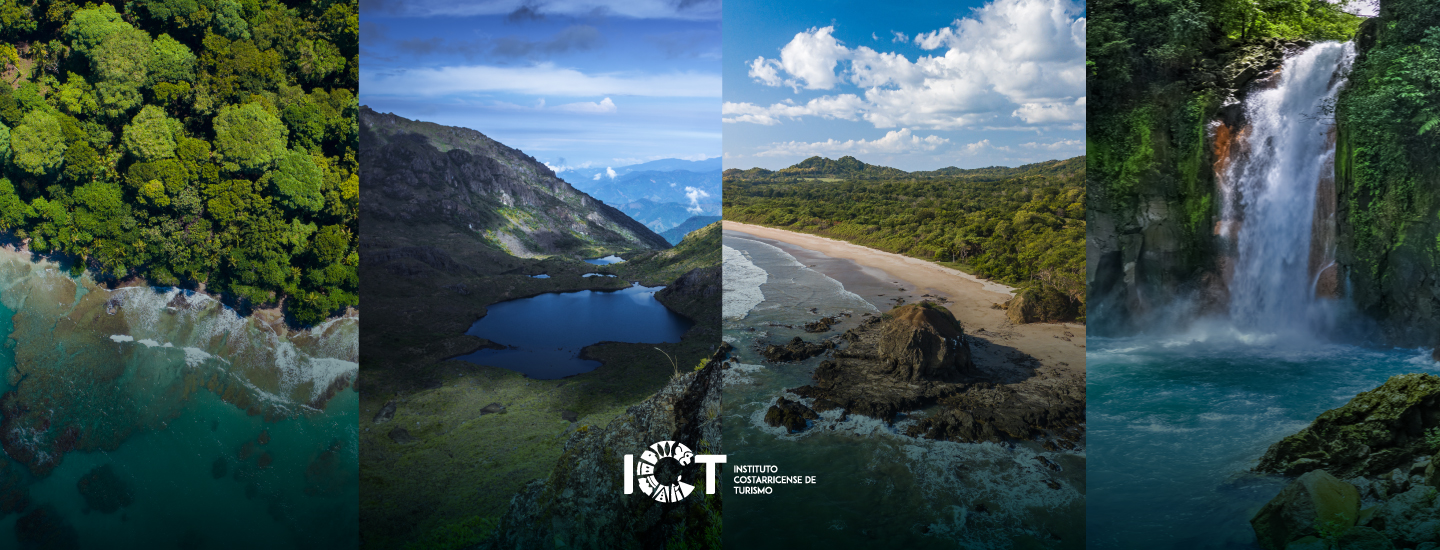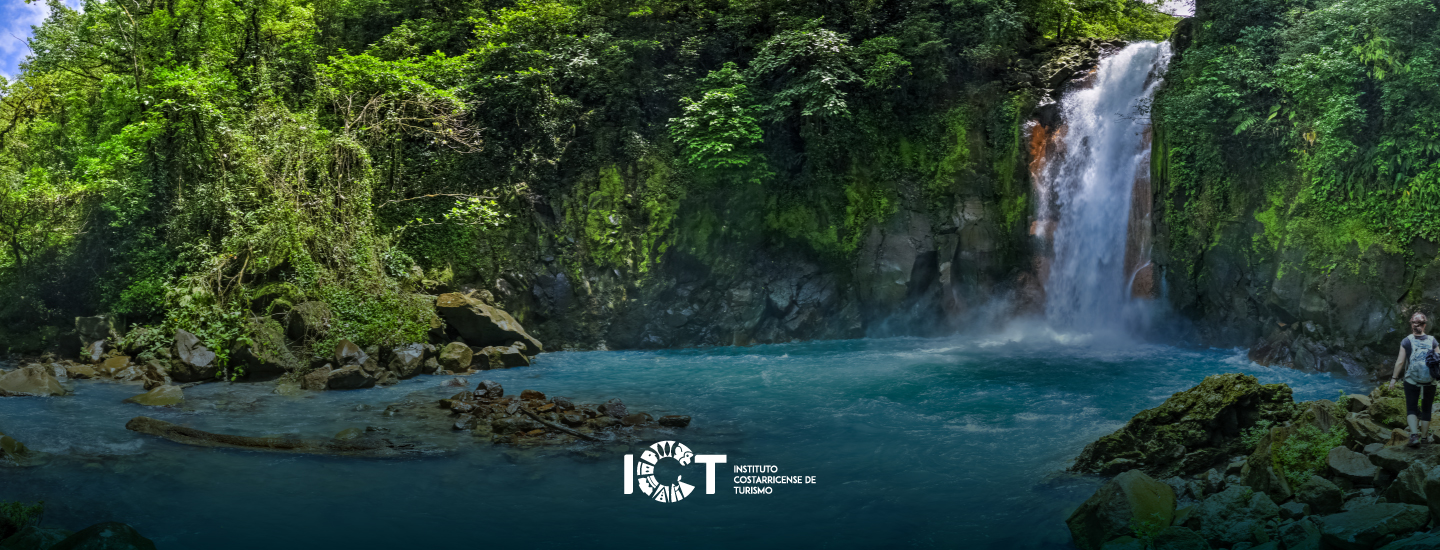Wellness tourism receives a major boost from ICT with the signing of an agreement and adoption of a spa regulation
- The actions are directed towards financing this niche in the country’s tourism portfolio and offering assistance to companies in the sector.
With the aim of promoting and strengthening the wellness destination within the Costa Rican portfolio, the Costa Rican Tourism Board (ICT) signed a framework cooperation agreement with Asociación Wellness Costa Rica this past Wednesday.
The agreement outlines nine goals, including the implementation of activities that seek domestic and international recognition of Costa Rica as a wellness destination. It also aims to manage training, provide professional upskilling in the wellness niche for the tourism sector, and give tourism companies marketing tools to promote this area.
“ICT is modernizing itself and opening up to the needs of the market”, noted Maria Amalia Revelo, the Minister of Tourism. “We are committed to promoting policies that promote wellness tourism within the country offer”.
Wellness tourism is a global phenomenon of great economic significance, which is growing at twice the rate of tourism at large. Between 2013 and 2015, for example, worldwide revenue in this niche grew 14% to $563 billion, and the Global Wellness Institute estimates that it will reach $808 billion in 2020.
“Every part of the country has special features that can result in products for this niche with the right training and innovation platforms”, said the president of Asociación Wellness Costa Rica, Laura Barrantes Requeno.
The agreement will be valid for a period of four years, with an option to extend.
Engagement of INTECO
Adding to this agreement, ICT engaged the services of the Costa Rican Institute of Technical Standards (INTECO) on May 16 to develop a national standard that sets out the service requirements that wellness spas must fulfill in order to be accredited.
In the next six months, INTECO will also train a group of 30 employees about the requirements that wellness spas must follow, using the ISO 17679 international standard, entitled “Tourism and related services -- Wellness spa -- Service requirements”, as well as UNE 186001, “Spa establishments. Requirements for service provision”.
Once accredited by ICT, wellness spas in the country may opt for the ISO 17679 certification from INTECO, which is a voluntary standard with major international recognition.
By taking this step, the Board hopes that the features and the quality and safety parameters for the products and services offered by the country’s wellness spas can be harmonized with their international counterparts.
ICT’s Director of Tourism Management, Gustavo Alvarado, said: “this is a first step. Our intention is to continue working with INTECO to develop additional standards that guarantee the quality of the tourism services we offer to Costa Ricans and to foreigners”.
Overhaul of the tourist declaration
Additionally, the reform to Executive Decree no. 25226, Regulation for Tourism Companies and Activities, is being processed. This will simplify the current requirements to opt for a Tourism Declaration by applying the principles and regulatory provisions of the Law to Protect Citizens from Excessive Requirements and Administrative Procedures. The change will also apply to wellness tourism.
“Once the Executive Decree is signed, the full array of possibilities will be opened to tourism companies that wish to request the Tourism Declaration”, the Minister of Tourism explained.
The new Regulation defines wellness tourism as all activities which, by nature, aim to offer experiential encounters to achieve, maintain or strengthen the personal wellness of the participant in such a way that it promotes a healthy balance of mental, physical and emotional aspects using therapies with water, taking advantage of natural surroundings, and different elements available in a given setting.
“These three achievements are evidence of ICT’s commitment to tourism companies and of the assistance, training and management ICT offers to the tourism industry so that it is prepared to face the demands of the market and remain on the cutting edge”, Minister Revelo emphasized.

